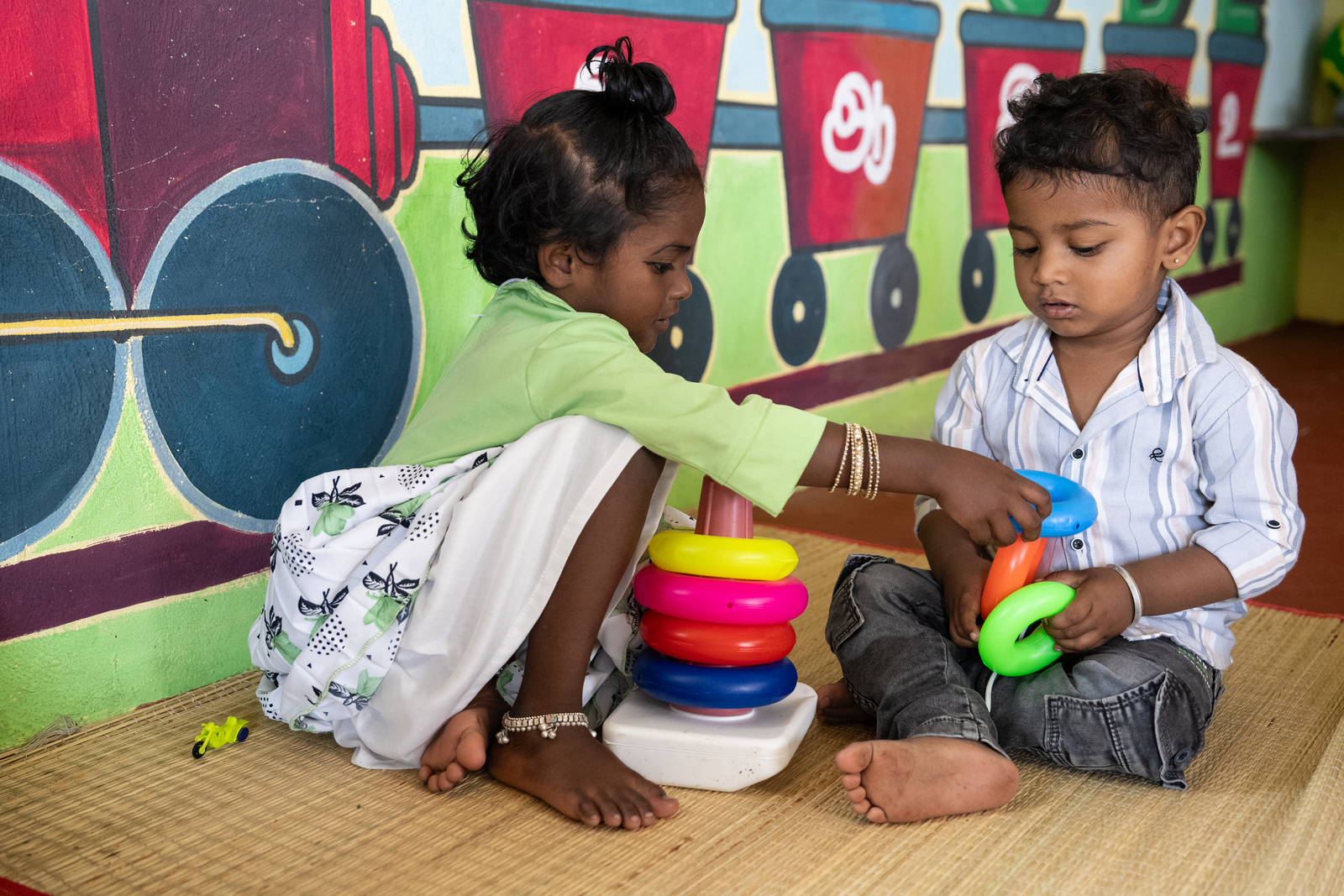Donor funding for pre-primary education reaches a critical point

A new Theirworld report reveals an increase in early years investment - but the effects of donor aid cuts, policy shifts and ongoing conflicts could reverse that trend.
International funding for vital preschool education is at a critical crossroads, according to new research for Theirworld.
The 2025 version of the annual Act For Early Years donor scorecard shows investment in pre-primary education more than doubled over five years to $250 million. But early education remained severely underfunded at just 1.2% of total education aid – way below the 10% target set by Theirworld and UNICEF.
While encouraging, the increase in funding must be put in context. The figures covered by the report only go up to 2023 and do not include the effect of recent conflicts, significant political policy shifts and donor aid cuts in 2024 and early 2025 that threaten to reverse the progress.
“Without persistent efforts to prioritise early years investments, hard-won gains face being reversed in the face of competing challenges,” said the report’s authors, Asma Zubairi and Pauline Rose of the Research for Equitable Access and Learning (REAL) Centre, University of Cambridge.
The authors said that, to continue the upward trajectory, “it will be necessary to encourage international institutions and global funds to double-down on funding for the early years, identify opportunities to leverage new and innovative finance, and ensure domestic budgets continue to prioritise the early years.”
This is the eighth edition of Theirworld’s annual donor scorecard on funding for pre-primary education, which was first produced in 2017.
The Act For Early Years campaign is working to transform early childhood investment globally through a broad coalition of civil society groups, business leaders, NGOs, United Nations agencies, youth advocates and early years professionals.
Meeting the target for donors and countries to invest 10% of education spending into pre-primary would go a long way towards ensuring every child has access to quality, inclusive preschool education.
Among other key findings in the report are:
- Some bilateral donors have increased funding, but from a low-base. Italy has shown the firmest commitment, investing 9.4% of its education budget in 2023 – up from 1.5% in 2015. The G20’s share of pre-primary education funding rose from 24% to 33.4% between 2022 and 2023.
- Children in some of the poorest countries are being left behind. Burundi, Sudan, South Sudan, Syria and Yemen – all affected by conflicts – received less than 20 US cents per pre-primary school-aged child, highlighting how the most vulnerable children are often overlooked.
Michael Simpson, Senior Research and Project Manager at Theirworld, said: “The stark reality facing the world’s youngest and most vulnerable children demands immediate action.
“This isn’t just about education – it’s about giving millions of children the health, wellbeing and developmental support they need during these critical formative years. The evidence is clear and our moral responsibility is undeniable.”